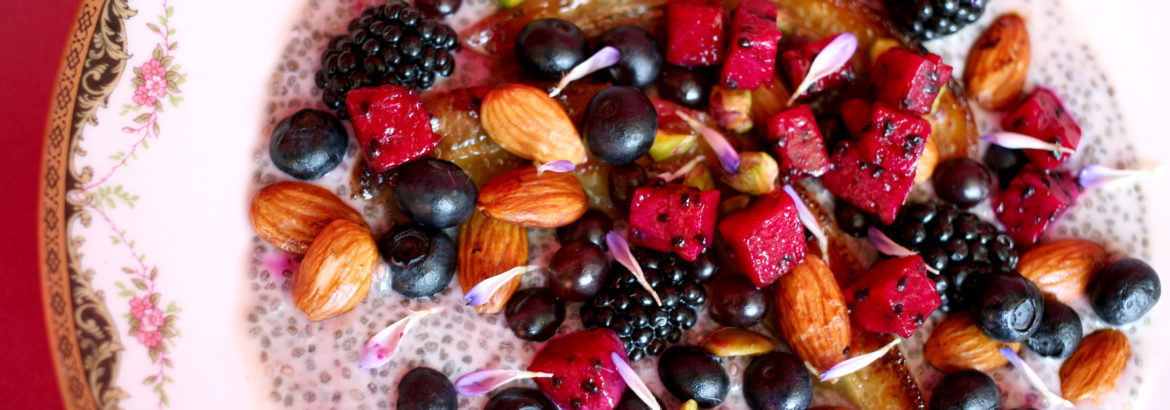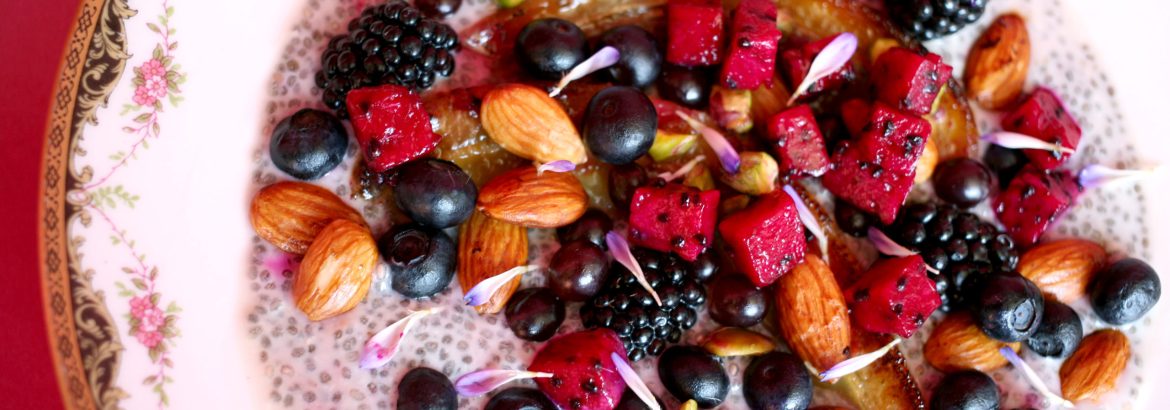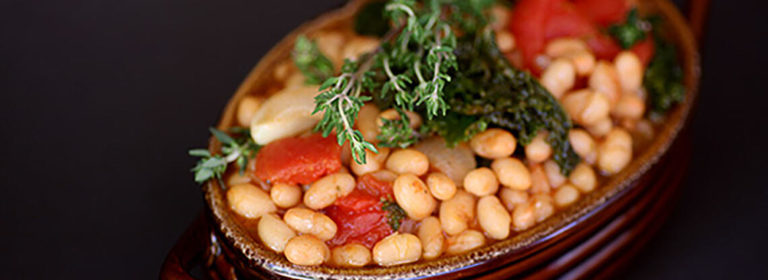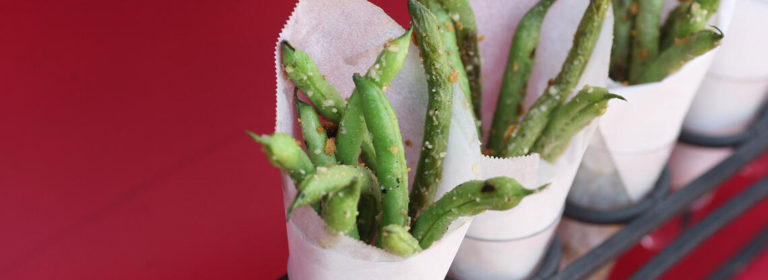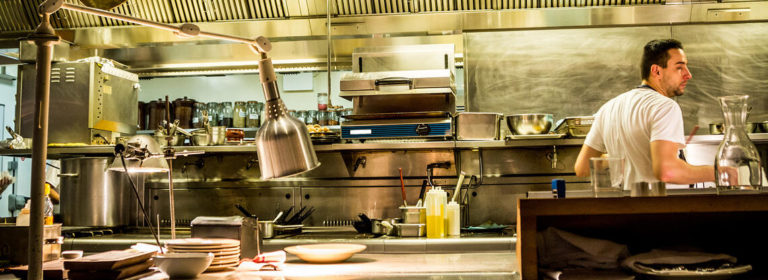The climatarian movement, a new campaign aiming to stop global warming by getting consumers to change their eating habits, continues to gain momentum. It’s one of sustainability’s more cost-effective trends, prominently promoting reducing carbon footprints by eating less red meat.
Specifically transporting beef and lamb contributes to higher emissions than plant-based foods. Additionally, meat-free solutions have been found to have a much lower carbon footprint, which is good news for Markon. That’s because the plant-forward leader is committed to providing the highest-quality, safest, and freshest produce to its five member distributors.
Gordon Food Service Canada is one such partner and works closely with Markon to ensure that its foodservice customers get a well-rounded, sustainable experience with their produce orders. That includes education on how to properly store produce, plus chef-inspired recipes, a comprehensive food safety series, and general sustainability recommendations.
How Markon Helps the Hyper-Local Movement
Climatarians love to eat hyper locally, or consuming food grown very close to where it is eaten, such as from restaurants with on-site gardens or nearby urban farms. It’s a trend that’s spreading far and wide, and again, reducing carbon footprints.
“It keeps the trucks from moving products too far,” explains Dave Evans, who acts as a culinary specialist for Gordon Food Service in Milton, Ontario. “That’s really important to our customers.”
For operators in Ontario, however, it’s difficult to grow produce year-round, so some are investing in hot houses – greenhouses supplemented with heat during the winter – as well as vertical, indoor hydroponic farms. Evans says they’re growing lettuce, leafy greens, and herbs as well as a host of Markon branded products. That includes a variety of Markon mushrooms, cucumbers, tomatoes, and a nice selection of herbs.
“With food grown closer to your plate, it is cleaner, it’s purer, it’s better for our health,” adds Evans, “and it’s sustainable for the environment.”
GFS’ Backhold Program Lowers Environmental Impact
GFS’ backhold program reduces the number of its trucks on the road, cuts back on fuel costs, and lowers the environmental impact. For example, they will consolidate Markon’s produce with other vendors’ loads to avoid using half empty trucks.
“We use computer algorithms and technology to find our vendors who would have been shipping something back to our building,” explains Evans. “Then, we send the closest truck finishing its last drop at our customers to pick up the product from the vendor and bring it back.” That’s just good news all around – and great business sense.
Chef-Inspired Recipes for Breakfast/Brunch
Adding a climatarian approach to menus can be as simple as swapping out meat a few times a week or concentrating on climate-friendly breakfast or brunch instead of struggling to change all three dayparts. Also, adding more plant-forward options may help with labor issues and attract new customers.
Markon offers customers a wealth of hearty recipes to consider:
Fruit & Egg Breakfast with Gorgonzola
Spinach Crepes with Scrambled Eggs & Smoked Salmon
About Markon
Markon Cooperative, Inc. brings a fresh approach and thinking to all of its premium farm-to-table produce so foodservice operators can bring the freshest ideas to their consumers. Based in Salinas, California, Markon serves as the produce purchasing, logistics, information, and marketing partner for its five member distributors (Ben E. Keith Foods, Gordon Food Service, Gordon Food Service Canada, Nicholas & Company, and Shamrock Foods) and their North American foodservice customers. Learn more about Markon’s commitment to providing the highest-quality, safest, and freshest produce at Markon.com.
